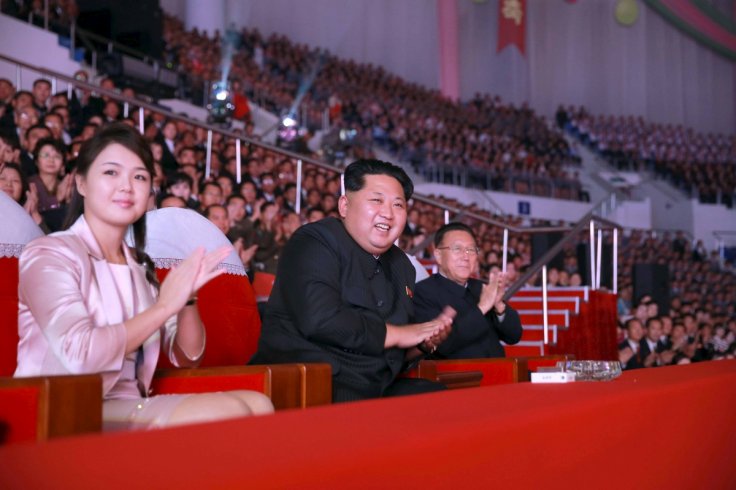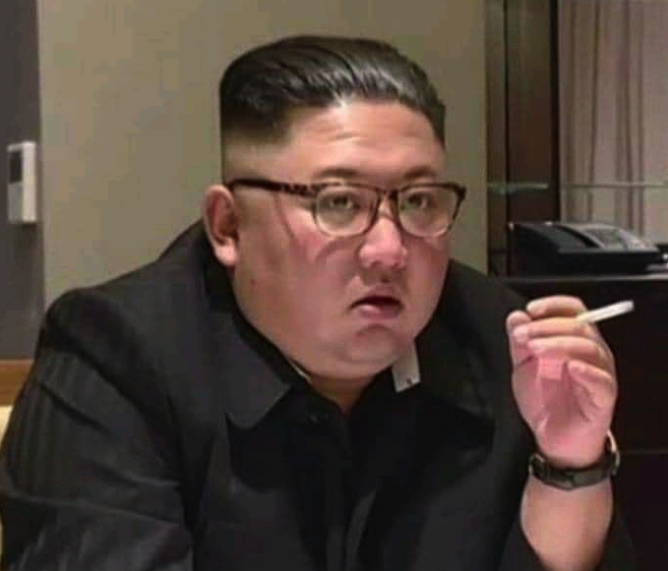The absence of North Korea supreme leader Kim Jong Un has triggered speculations over his poor health again, while Japanese Defense Minister Taro Kono with his remarks in Tokyo last week fueled them further with his "suspicion about his health." But Russia's ambassador to Pyongyang said any speculation surrounding North Korean leader's health remain "empty rumors" as the real reason is entirely different.
In an interview, Ambassador Alexander Matsegora told TASS news agency that the rumors about Kim Jong Un are "baseless." He told the media that the regime is also "functioning as usual." During the interview, the ambassador added that there is no evidence to believe that rumors about the supreme leader's sister Kim Yo Jong is being trained as the regime's next leader.
The Absence of Kim Jong Un Is Not Over Health
According to Matsegora, pamphlets from across the border on May 31 included provocative imagery of North Korea's first lady that sparked "serious outrage" in Pyongyang, AFP reported. "The leaflets bore a special kind of dirty, insulting propaganda, aimed at the leader's spouse," he said.
Furious over the depiction of his wife Ri Sol Ju in these leaflets after he blew up a liaison office with Seoul, Kim Jong Un threatened to take "military action" though he ordered an abrupt suspension of it last week. But his absence throughout the period has given room for speculations over his health. His last public appearance was over three weeks ago, on June 8.
As per NK Pro Leadership Tracker, Kim Jong Un is significantly quieter than usual, as he appeared only seven times in the months of April, May, and June this year. It showed a significant drop from 46 appearances he made on average during the same period from 2012 to 2019, claimed the report.
Matsegora explained that Kim Jong-un's recent absence from the public view may be due to him focusing on "rethinking" the unsuccessful outcome of inter-Korean relations.

North Korea and South Korea
Seventy years after the Korean War began, prospects of a peace treaty to officially end the conflict between the two countries appear distant and remote. In 1953 South Korean leaders opposed the idea of a truce that left the peninsula divided.

Recently when some South Korean war veterans gathered to commemorate the anniversary of the Korea war, 89-year-old veteran Kim Yeong-ho said, "The war isn't really over and I don't think peace will come while I'm still alive. The nightmares just keep coming back to me every day."
A series of follow-up meetings and dialogues failed to close the gap between North and South Korea. However, Kim Jong Un's regime has taken an increasingly confrontational tone, resuming short-range missile launches, blowing up an inter-Korean liaison office, and severing communication hotlines with the neighboring country.
Even though North Korea said it had decided to suspend plans for unspecified military action against South Korea, it warned Seoul to "think and behave wisely." In his reaction, Moon Jae-in, the South Korean President said, "We will continuously search for routes that are mutually beneficial for both Koreas through peace. Before speaking of unification, I hope that we can become friendly neighbors first."








